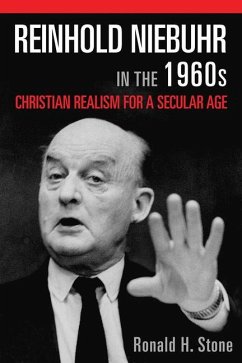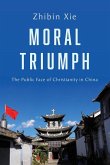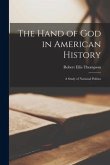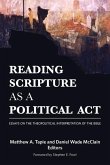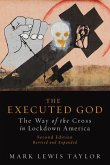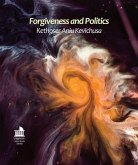The Civil Rights Movement. The Cuban Missile Crisis. The assassination of a president and a senator. Praise turns into protest; hope into disenchantment. The 1960s was an era born in hope that ended in deep conflict. during this era, Reinhold Niebuhr, once dubbed "America's theologian," retired from Union Seminary in New York. in this book, the author introduces us to Niebuhr's life in the 1960s from his critical vantage point as Niebuhr's former student and later, colleague. Though little has been published about this decade in Niebuhr's life, the author's analysis shows a theologian whose work shifts to speak more effectively to the less religious, more secular world around him. The author introduces readers to never-before-seen letters between the author and Reinhold and Ursula Niebuhr, which shed light not only on the impact Niebuhr had on the 1960s but also on the way the 1960s shaped Niebuhr.
Hinweis: Dieser Artikel kann nur an eine deutsche Lieferadresse ausgeliefert werden.
Hinweis: Dieser Artikel kann nur an eine deutsche Lieferadresse ausgeliefert werden.

